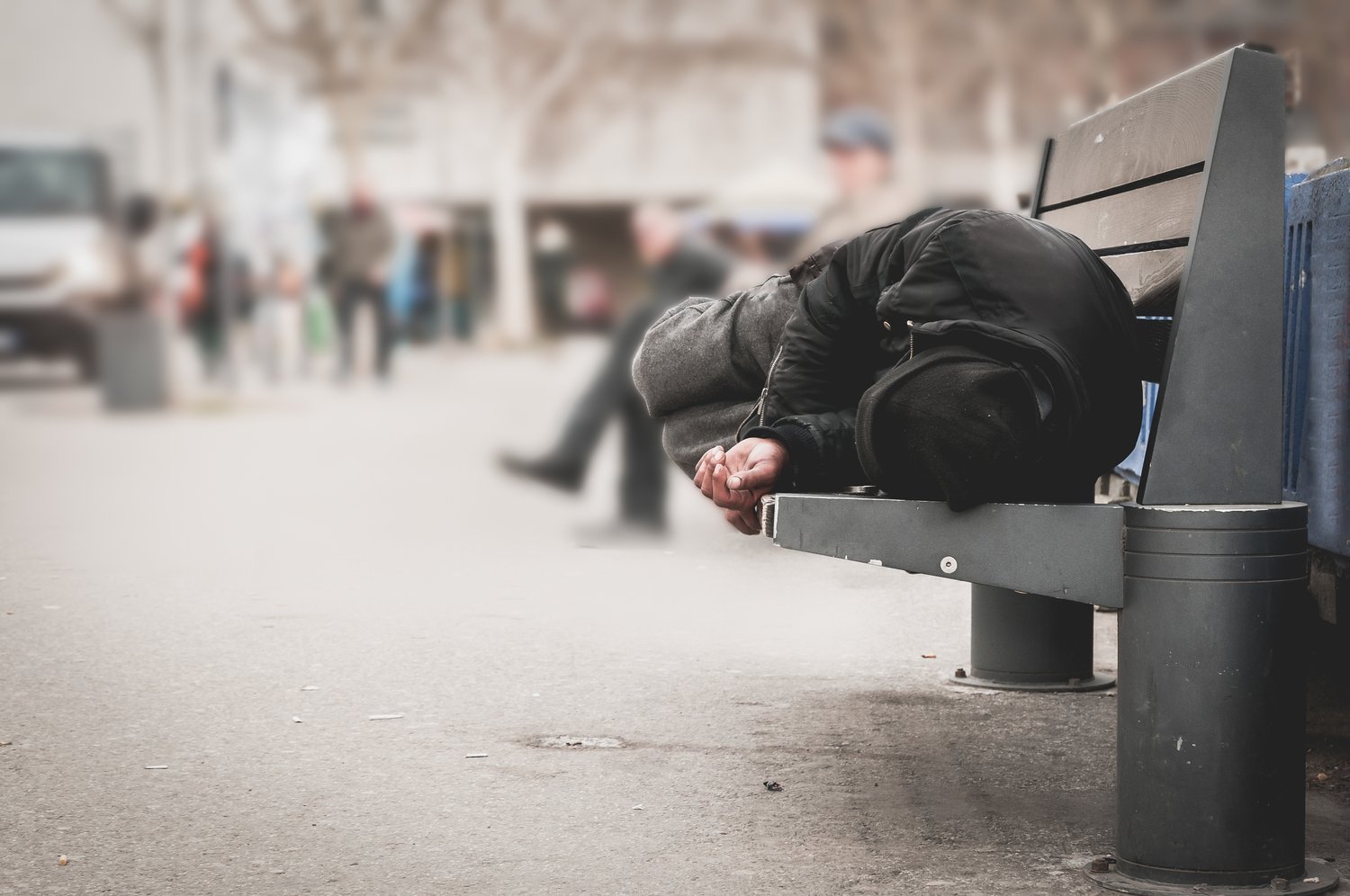
The full impact of the case was not felt until after the petitions for rehearing en banc and at the Supreme Court were denied. First and foremost, in late 2019, then-President Trump had begun planning a strategy of forcing homeless persons into relocation camps under threat of arrest. The Supreme Court letting the Martin decision stand put an immediate halt to those plans, preventing the mass violation of millions of Americans basic civil rights. On the positive side, recognizing that communities in California could no longer rely on criminal law enforcement to push homelessness out of public view, California Governor Gavin Newsom devoted his 2020 State of the State Address to homelessness, pushing out billions of dollars in new funding for housing, shelter, and services, and many local communities did as well.
Meanwhile, the legal impact has spread, with more than fifty courts both inside and outside the 9th Circuit citing to Martin in ruling favorably toward homeless plaintiffs, including this touching story of Patrick McArdle literally bringing the Martin decision from the streets of Ocala to the Florida courts. The 9th Circuit itself reaffirmed the Martin framework in 2022 in Johnson v. Grants Pass, clarifying that Martin applies not just to immediate criminal charges but civil charges that could result in later criminal punishment.

Felecia Phillips Ollie DD (h.c.) is the inspiring leader and founder of The Equality Network LLC (TEN). With a background in coaching, travel, and a career in news, Felecia brings a unique perspective to promoting diversity and inclusion. Holding a Bachelor’s Degree in English/Communications, she is passionate about creating a more inclusive future. From graduating from Mississippi Valley State University to leading initiatives like the Washington State Department of Ecology’s Equal Employment Opportunity Program, Felecia is dedicated to making a positive impact. Join her journey on our blog as she shares insights and leads the charge for equity through The Equality Network.




